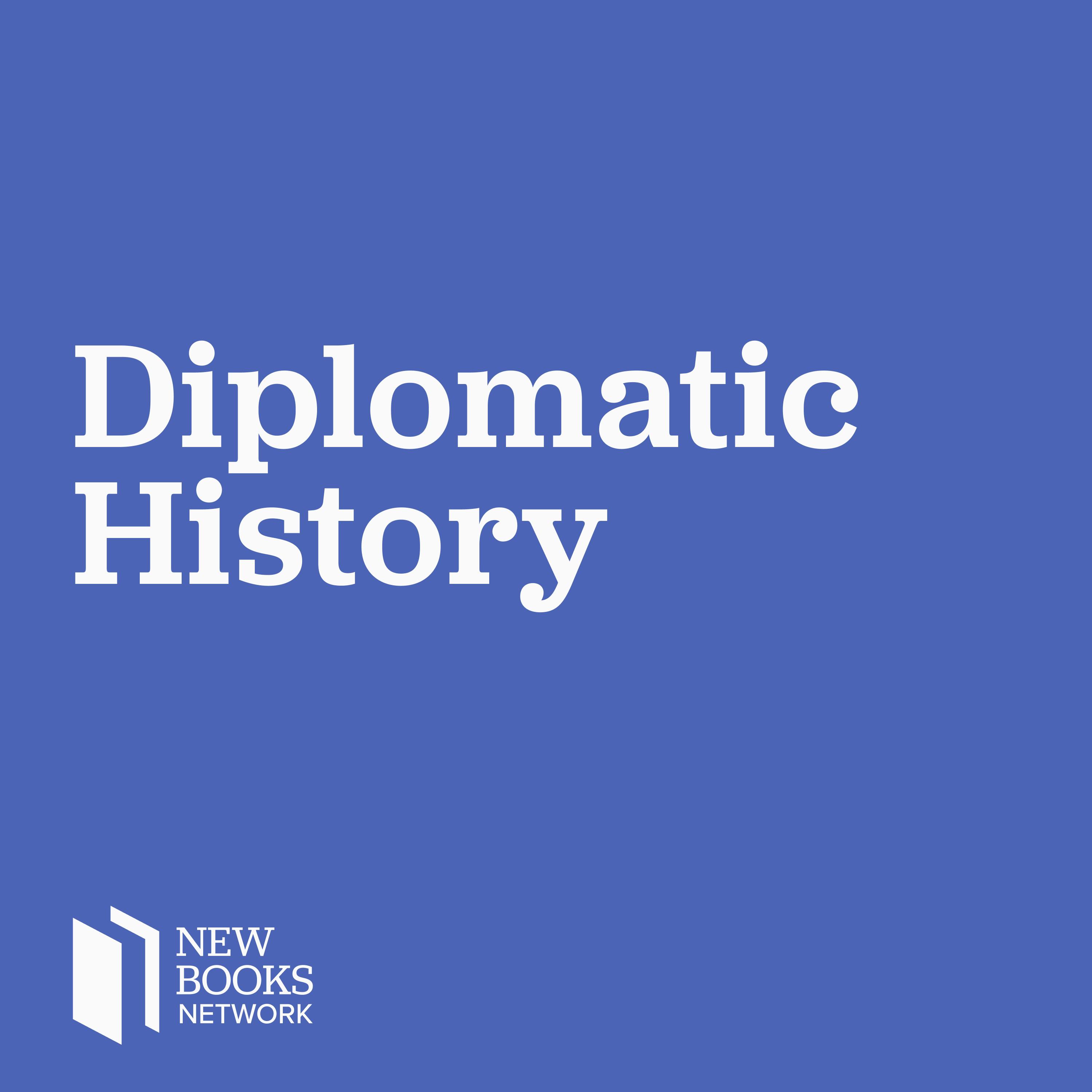Ricardo D. Salvatore, “Disciplinary Conquest: U.S. Scholars in South America, 1900-1945 (Duke UP, 2016)
Ricardo D. Salvatore‘s new book, Disciplinary Conquest: U.S. Scholars in South America, 1900-1945 (Duke University Press, 2016) offers an alternative narrative on the origins of Latin American Studies in the United States. Salvatore claims that during the first half of the twentieth century scholars defined the contours of Latin American studies. Scholars did so both in the context of the ‘dollar diplomacy’ and the ‘good neighbor’ policy towards the region. Salvatore argues that, in contrast to the military interventions in Mexico, Central America, and the Caribbean, the approach toward South America was defined by scholarly “disciplinary interventions.” Salvatore follows the life and work of five field-defining scholars who approached the South-American “terra incognita” from the vantage point of the hegemonic hemispheric power. An archaeologist (Hiram Bingham), a historian (Clarence Haring), a political scientist (Leo S. Rowe), a sociologist (Edward A. Ross), and a geographer (Isaiah Bowman), defined spaces of inquiry that were transnational in scope and scale.
Salvatore argues that the creation of transnational fields of inquiry intended to render the region “visible” to audiences in the United States. The definition of new disciplinary spaces such as “South-American studies” contrasted with the then-prevalent domestic narratives focused on “national” topics. These new transnational spaces, Salvatore claims, were the product of the “imperiality” of the knowledge produced by the five scholars studied in Disciplinary Conquest. Nonetheless, the narrative proposed by the author defies a simplistic depiction of Haring, Rowe, Bingham, Ross, and Bowman as mere pawns of empire. Salvatore shows how some of them produced works that grappled with “anti-American” sentiment in the region while others tried to create alternatives to official policy designs. Moreover, Salvatore shows how these men approached South America as progressive intellectuals interested in democratic governance, social justice, and progress in the region. Salvatore notes how these concerns led to envisioning two different South Americas. One South America, positively appraised by these scholars, was made up of the “ABC powers” (Argentina, Brazil, Chile, and by extension, Uruguay). The ABC countries showed promise, from the scholars point of view, regarding democratic development and social equality. Scholars construed another, less-promising from the U.S. perspective, South America by placing focus on the Andean region. Salvatore thus shows how these early iterations of Latin American studies resulted in the creation of various scholarly-defined, and externally-imposed, transnational fields of inquiry.
Alvaro Caso Bello is a Ph.D. Candidate at Johns Hopkins University. He can be reached at [email protected].
Learn more about your ad choices. Visit megaphone.fm/adchoices

36m